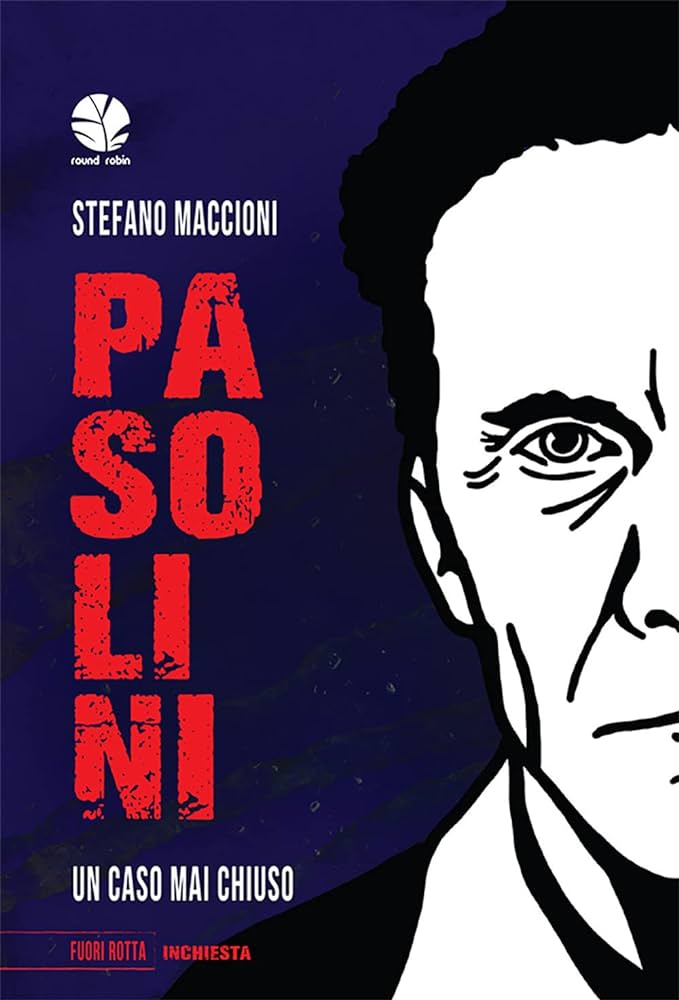La stampa è una gran problema o una risorsa? E’ questa la domanda che ci siamo posti prima di scrivere e alla fine abbiamo deciso di intervenire perché troppo spesso siamo visti come un problema.
In un corso che si è appena tenuto a Orvieto con argomento le “querele temerarie o bavaglio”, si è posto l’accento sul ruolo del giornalista “cane da guardia del potere”. D’altro canto il giornalista deve sempre ricordarsi di essere al servizio dei cittadini e non il contrario. Se c’è un problema, un tema delicato il professionista deve essere presente, documentarsi, ascoltare, capire, trovare le risposte e poi “fare la cronaca” e se serve aprire il dibattito. E invece non sembra essere così. Minacce, insulti, post bellicosi, e-mail di protesta sono la quotidianità del nostro lavoro. Quello che più meraviglia è che a protestare siano i rappresentanti delle istituzioni e non i privati cittadini. verrebbe da dire che “non ci sono più i rappresentanti di una volta”. Già, i politici del passato sono stati ritratti e/o definiti delinquenti, mafiosi, corrotti, dittatori a torto o a ragione e raramente si è arrivati a giudizio. Anche alcune sentenze hanno chiarito che in sede di opinione anche termini apparentemente forti sono tollerate e non insultanti.
Gli stessi che protestano, però, sono quelli che chiamano per avere spazio per iniziative o altro, fraintendendo la disponibilità e la cortesia con l’asservimento. Assolutamente, se c’è la notizia noi la scriviamo, è nostro preciso dovere. Come è nostro preciso diritto decidere se pubblicare o meno. Magari sbagliamo, ma l’autonomia è anche questo. Se le notizie apparentemente negative sono reali, genuine, giuste, quale sarebbe il problema? Che vengono a galla le magagne? Ricordiamo sommessamente che proprio questo è il nostro ruolo e saremmo criticabili se non lo svolgessimo fino in fondo.
Sicuramente non siamo adatti a tutte le stagioni, quindi è inutile protestare, minacciare velatamente o meno querele, escludere, chiedere l’esclusione in altri ambiti, accusarci di sminuire l’istituzione. Non sono queste le armi adatte. Sarebbe auspicabile maggiore trasparenza, la pubblicità di bilanci e delibere e, magari, essere pronti a replicare tramite confronto anche perché, non dimentichiamolo mai, le istituzioni sono dei cittadini e non fortini da difendere strenuamente e, troppo spesso, con violenza come avvenuto recentemente a Terni.
I cani da guardia sono considerati una risorsa dai proprietari e un problema da chi “ci prova”. I cittadini sono i nostri veri e unici azionisti di riferimento anche perché i rappresentanti delle istituzioni passano, prima o poi.
ENGLISH VERSION
Is the Press a Problem or a Resource?”
Is the Press a Great Concern or a Resource? This is the question we pondered before writing, and ultimately, we decided to address it because far too often, we are perceived as a problem.
In a recent course held in Orvieto, focusing on ‘malicious defamation or media censorship,’ the emphasis was placed on the journalist’s role as the ‘watchdog of power.’ On the other hand, a journalist must always remember to be in the service of citizens, not the other way around. When there is an issue or a delicate subject, the professional must be present, research, listen, understand, find answers, and then ‘report’ and, if necessary, initiate debate. However, it doesn’t seem to be the case. Threats, insults, combative posts, and protest emails have become our daily routine. What is even more astonishing is that the protesters are often representatives of institutions, not private individuals. One might say, ‘the representatives of the past are no more.’ Indeed, politicians from the past were portrayed and/or labeled as criminals, mafiosos, corrupt, dictators, rightly or wrongly, and rarely did it lead to legal action. Some court rulings have clarified that strong-sounding terms, even when seemingly harsh, are tolerated and not insulting in the realm of opinion.
Curiously, these very individuals who protest are the ones who call for space for initiatives or other matters, often misunderstanding the availability and courtesy for subservience. Undoubtedly, if there is news, we will write it; it is our precise duty. It is also our precise right to decide whether or not to publish. Perhaps we make mistakes, but autonomy includes that as well. If seemingly negative news is real, genuine, and just, what is the problem? Is it that the flaws are being brought to light? Let us humbly remind you that this is precisely our role, and we would be subject to criticism if we did not carry it out thoroughly.
Certainly, we are not suitable for all occasions, so protesting, veiled or direct threats, lawsuits, exclusion, and accusations of undermining the institution are futile. These are not the appropriate tools. It would be desirable to have greater transparency, the publication of budgets and resolutions, and, perhaps, readiness for engagement. Let us never forget that institutions are composed of citizens and not fortresses to be staunchly defended, and, far too often, with violence, as recently seen in Terni.
Watchdogs are considered an asset by their owners and a problem by those who ‘test the waters.’ Citizens are our true and sole reference shareholders, particularly because representatives of institutions come and go.


 Del “caso Pasolini” si parlerà il 28 ottobre alle ore 17.30 nella sala consiliare del Comune di Orvieto in occasione della presentazione del libro dell’avvocato Stefano Maccioni, colui che ha chiesto la riapertura delle indagini sull’omicidio del regista, poeta e scrittore italiano.
Del “caso Pasolini” si parlerà il 28 ottobre alle ore 17.30 nella sala consiliare del Comune di Orvieto in occasione della presentazione del libro dell’avvocato Stefano Maccioni, colui che ha chiesto la riapertura delle indagini sull’omicidio del regista, poeta e scrittore italiano.